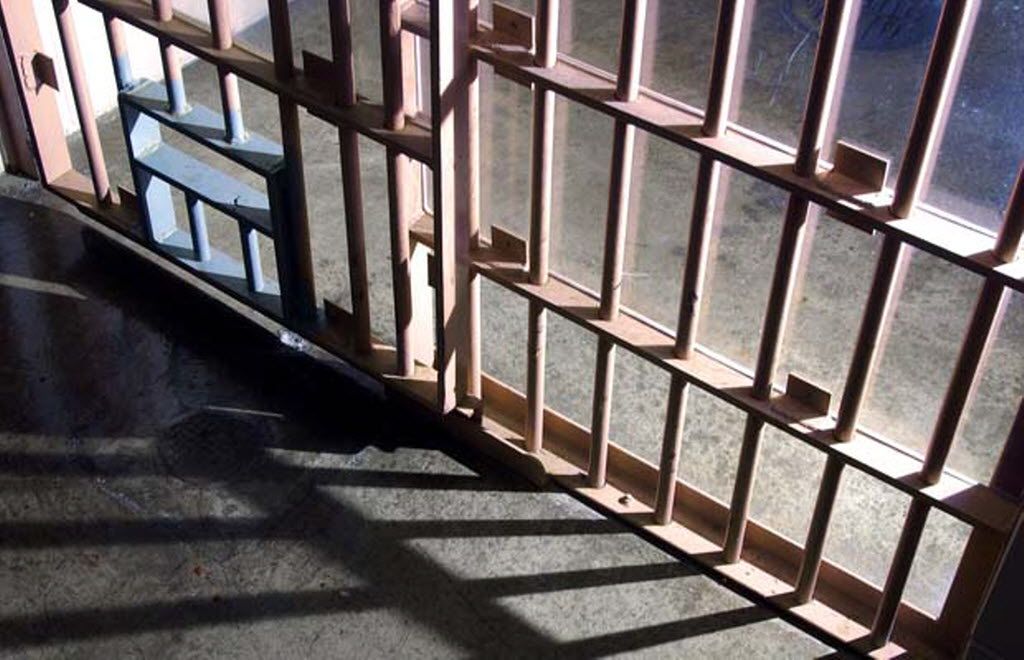- Reaction score
- 5,309
- Points
- 1,140
Which public sector jobs pay more than private sector? Which public jobs pay less than private sector?And its not a race to the top off the backs of those paying your wages either. I am for a fair wage, benefits, and pension. What that means is they should be tied more to averages than anything else as you can't get more fair than that. If you disagree with that being fair, please explain to me why? The only reason I could see is if you believe you could get a better deal otherwise.
Considering the fact that the Private sector has to compete globally, not just locally (and even then only from their workforces, you can't have a competing workforce for the same jobs) like the Public sector, it isn't a option to demand significantly more, they just close you down and ship the job off elsewhere.
To put in perspective how unfair the way we currently do things are, generally government employees receive about 2% wage increases every year. Private sector is a fraction of that. What this means is based on the same amount of money coming in from the private sectors taxes we either have to reduce services (which we are seeing in most the public service, part of the reason why our health care system is in shambles is due to this), or increase taxes to make up for the increase in cost as the private sector income didn't increase proportionately to the amount of money now required.
Now that private sector person who isn't keeping up inflation to begin with, has been hit with a double whammy of having higher taxes to pay with a diminishing return off their take home. This creep has been going on for decades, and it doesn't seem like much at first but now it has resulted in most similar private sector and public sector jobs not even being comparable in terms of wage, benefit, working conditions, and pension.
You keep speaking in generalities as if everyone in the public sector is massively overpaid for what they do, but when my brother released from the CAF as an electrician he immediately made 50% more that his previous Sgt pay.
This seems to be comng from place of personal frustration based on your pay and benefits as compared to the public service. Why not join the mob, or join the public service? Why not upgrade your skills rather than demand others make less?


